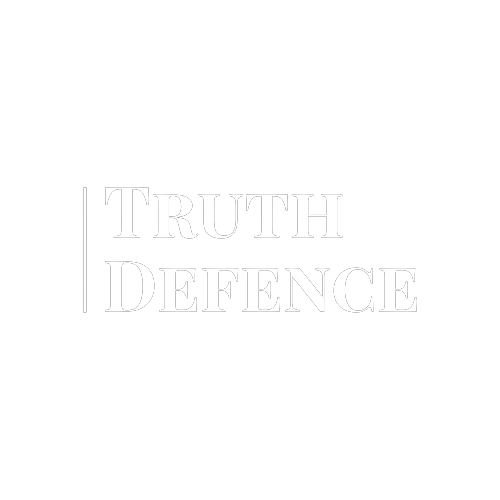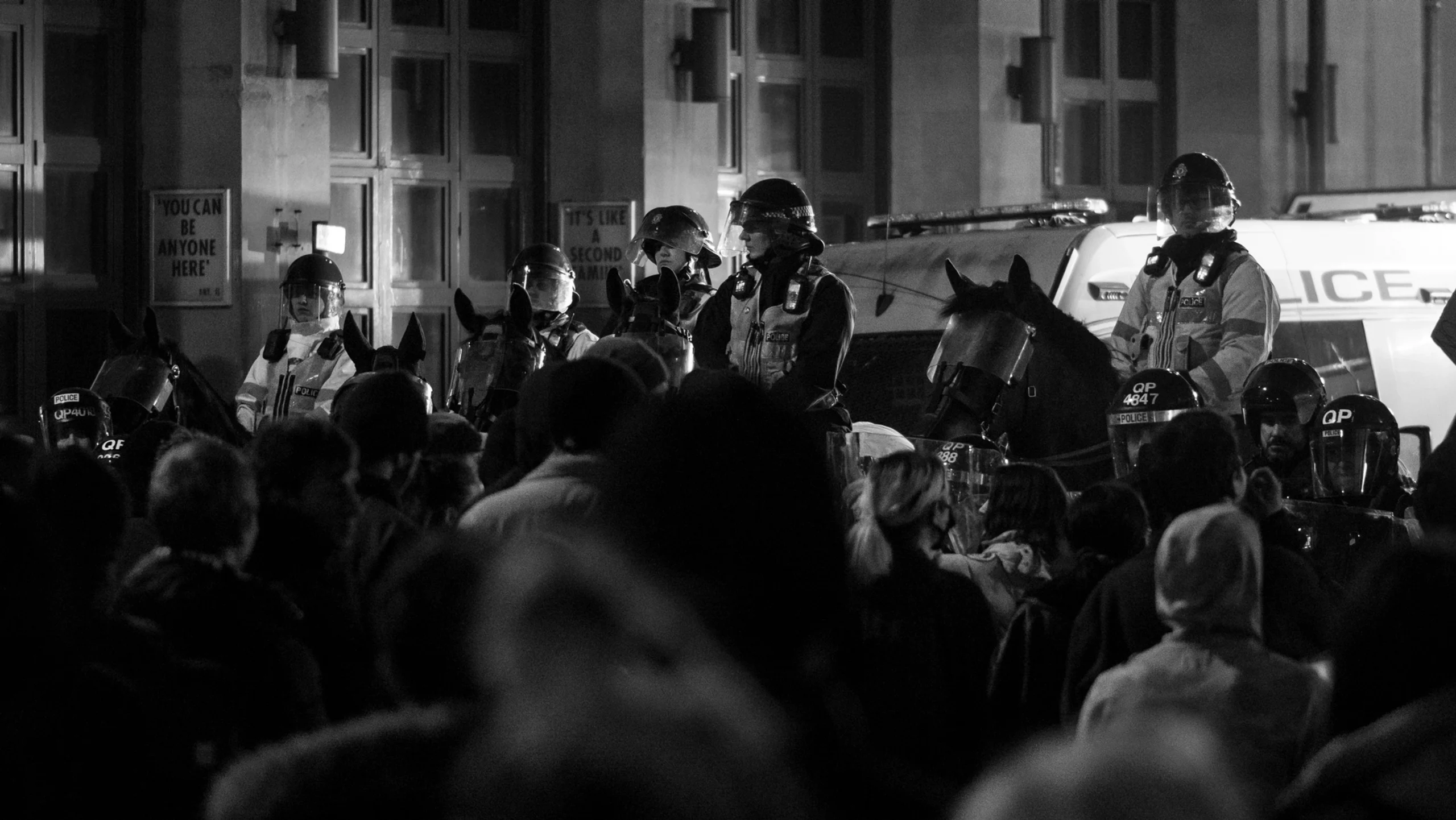Bias and the bended truth in the BBC’s coverage of Kill the Bill Bristol
“Revenge Policing”
Kill the Bill coverage
The BBC reported on March 21:
Protesters have attacked police after thousands of people turned up to a demonstration that officers had “strongly advised” against attending. Officers suffered broken bones and police vans were set alight as angry scenes unfolded in Bristol city centre… Avon and Somerset Police said what had started “as a peaceful protest” had been “turned by a small minority into a violent disorder”.
Then on March 23, a group of 200 protestors gathered on Bristol’s College Green for a peaceful sit-down protest – the police responded in riot gear and with dog units. BBC journalist Andrew Plant tweeted a video from the protest, which he captioned “Riot police with dogs as arrests are made after Bristol’s second protest in three days turns ugly. It was peaceful before the police arrived.” His tweet was deleted within hours of being posted. In an article published the following day by the BBC he is quoted as saying the police were “quite heavy-handed”. Police used riot shields as weapons, otherwise known as “blading” and several members of the press were assaulted by police officers. Avon and Somerset Police cited the enforcement of Covid-19 restrictions as the reasoning behind their use of force.
On 7 April 2021, Kill the Bill protestors in Bristol staged a sit down protest in front of the BBC – they were there to call attention to BBC News’ ‘biased reporting’ of the previous Kill the Bill protests, which had taken place in the three weeks prior. This was the only Kill the Bill protest in Bristol that the BBC did not cover.
The trial of Jasmine York
From the testimony of both PS Williams and Nick Smart, it’s quite clear that they tried to mislead the jury and paint the protestors as an ‘angry mob’ at every opportunity, rather than leading with what actually happened. The inconsistencies and outright falsehoods in Avon and Somerset’s account of the events came out on the stand and Jasmine’s trial was an example of why the police need to be treated with scepticism when used as sources in protest coverage and why publications that don’t should be given the same treatment.

